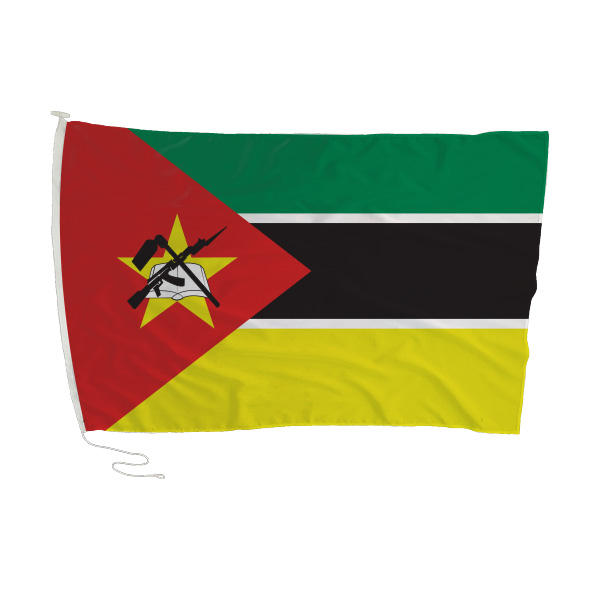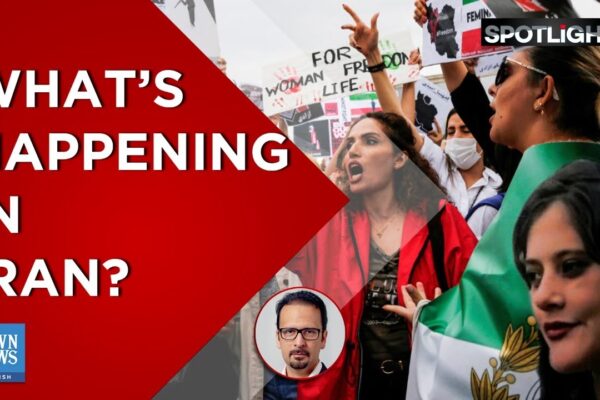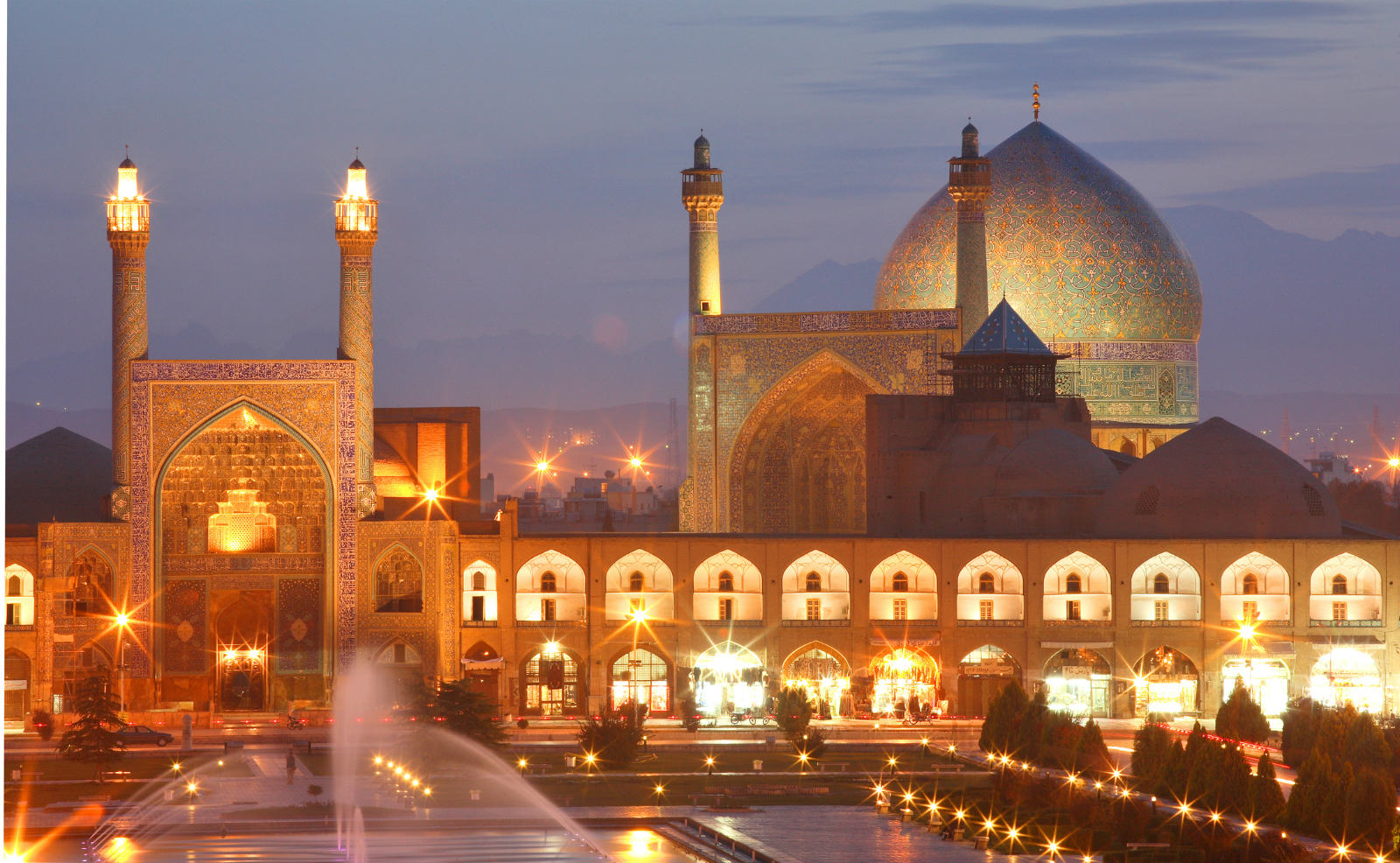
Introduction
Mozambique, located in Southeast Africa, has been making headlines recently due to its significant economic growth and ongoing social challenges. As a nation rich in natural resources, including natural gas and minerals, it has attracted international investment. However, the country also grapples with issues such as poverty, political instability, and the aftermath of recent natural disasters. Understanding Mozambique’s current circumstances is vital for investors, policymakers, and global citizens seeking insight into this burgeoning yet complex region.
Economic Growth and Investment Opportunities
In recent years, Mozambique has emerged as one of Africa’s fastest-growing economies, with the World Bank projecting a growth rate of around 5% in 2023. This economic boom is largely driven by the discovery and development of vast offshore natural gas reserves, particularly in the Rovuma Basin. International companies, including TotalEnergies and ExxonMobil, have committed billions to development projects, promising to transform Mozambique into one of the world’s leading liquefied natural gas (LNG) producers.
Additionally, the government is focusing on infrastructure improvements, including roads, ports, and energy generation, to attract further investment. However, political tensions and corruption remain obstacles that could deter potential investors and hamper growth.
Social Challenges and Humanitarian Needs
Despite its economic potential, Mozambique faces dire social challenges. Approximately 60% of the population lives below the poverty line, with high unemployment rates exacerbating the situation. The ongoing effects of climate change have led to frequent flooding and cyclones, especially in coastal areas, impacting thousands of families.
The country is also struggling with a significant insurgency in the northern Cabo Delgado province, where armed groups have conducted violent attacks since 2017. The conflict has displaced over 700,000 people and has drawn the attention of foreign military aid, including troops from Rwanda and the Southern African Development Community (SADC).
Conclusion
As Mozambique navigates its path toward economic prosperity, it must also address deep-rooted social issues. Balancing foreign investment with the needs of its population will be crucial for sustainable development. The international community’s role in supporting both economic growth and humanitarian efforts will significantly influence Mozambique’s future trajectory. The ongoing developments in Mozambique serve as a reminder of the complexities faced by emerging economies in a rapidly changing global landscape. Awareness and engagement will be key for those looking to understand or invest in this vibrant yet challenging nation.
You may also like

Understanding the Current Political Landscape in the UK

Current Events: What’s Happening in Iran
